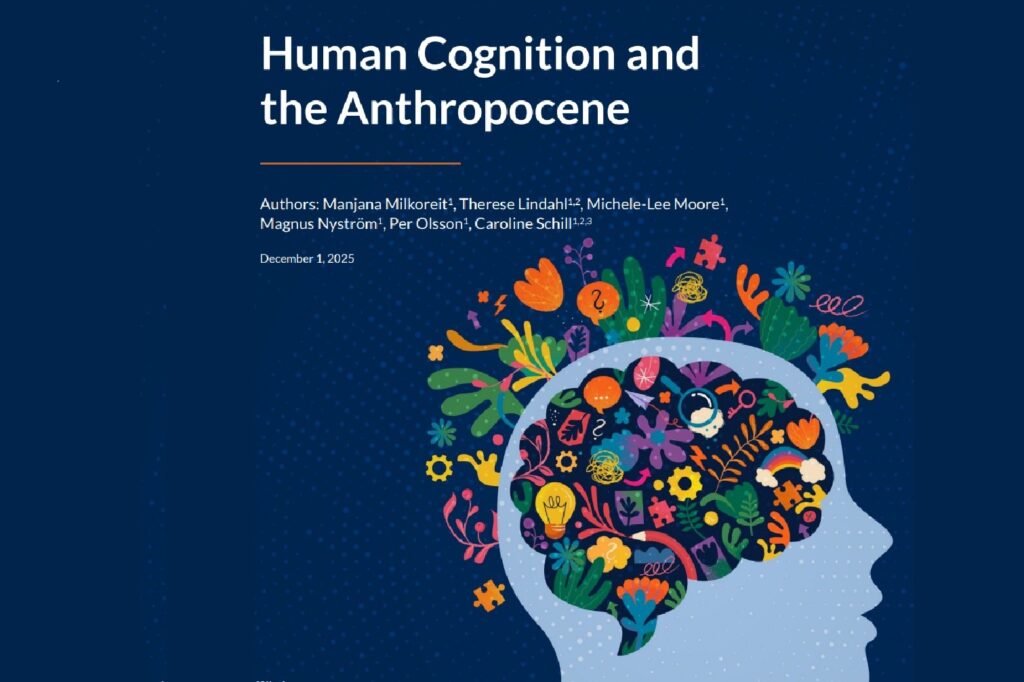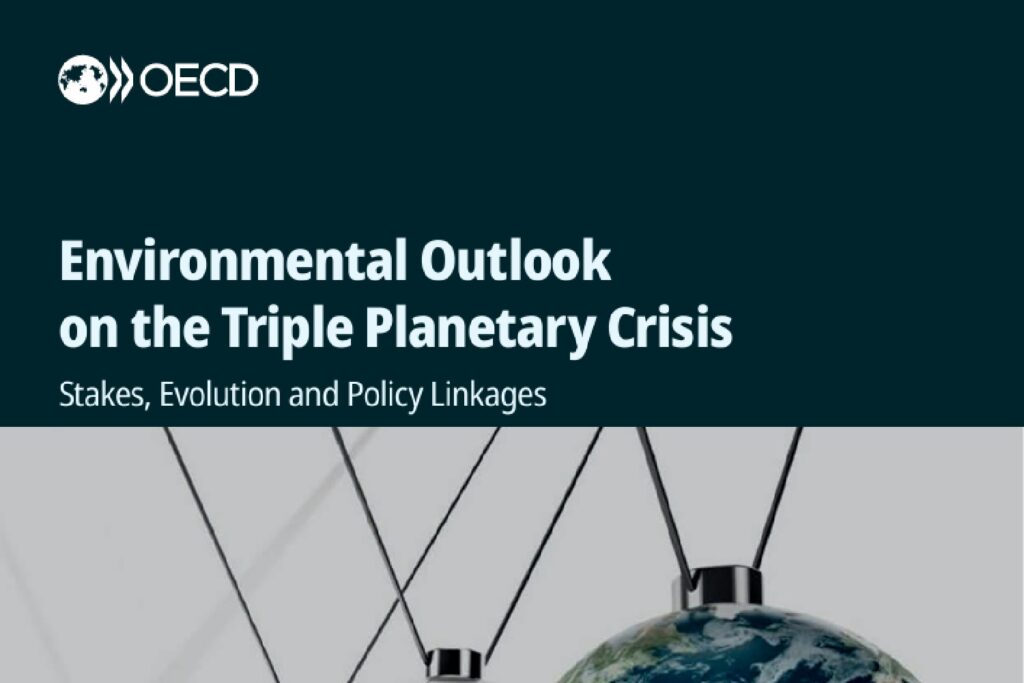Global Environment Outlook 7: A Future We Choose
The Global Environment Outlook presents a scientific assessment of the state of the global environment. It finds that climate change, biodiversity loss, land degradation, desertification, and pollution and waste are exacting a heavy toll on the planet, human well-being, and economies, already costing trillions of dollars annually. The report calls on all actors to recognize […]
Global Environment Outlook 7: A Future We Choose Read More »










